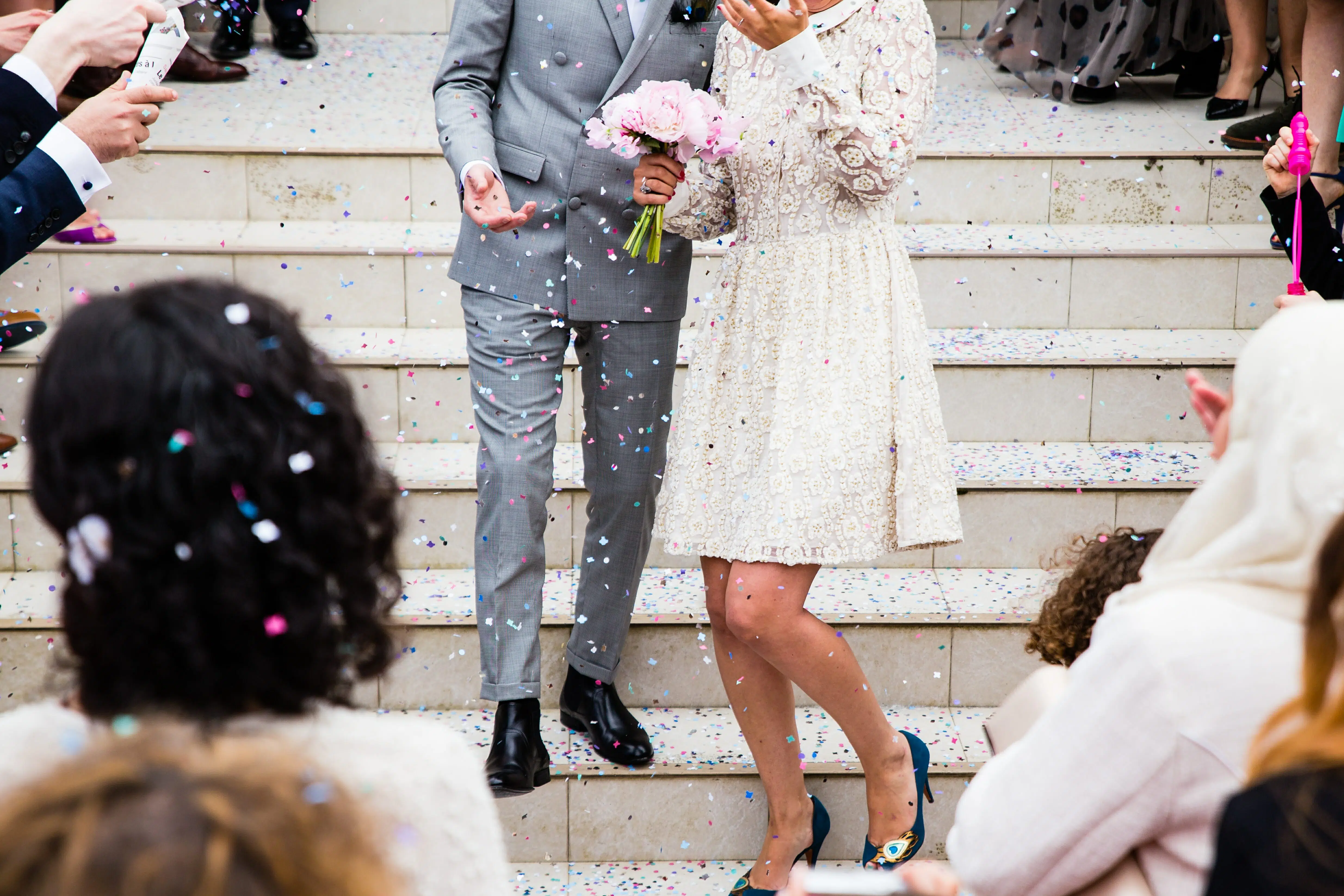In Virginia, some marriages are considered “prohibited” (See Section 20-38.1). If a person goes forth and is a party to one of the marriages prohibited by law, he or she may be charged of a crime. (See Section 20-40). Persons who question the validity of their marriage should speak with an experienced local Virginia Beach family lawyer.
The first type of illegal marriage specified by statute is a marriage that occurs before the would-be bride or groom has obtained a legal divorce from their former spouse. This can come with serious consequences; either a $500 fine or six months in jail! Even more startling is that the prosecution can choose to prosecute a person under one of two statutes. (Either 18.2-362 or 20-38.1). This charge relates to our earlier article on the crime of “Bigamy.” The reason the state might wish to charge a person under the latter statute and not the former, is because the former does not require the state to prove that the formerly unmarried party had “knowledge” of the earlier marriage. Anyone going through a divorce should consider the fact that some of the best local Virginia Beach Family Lawyers are willing to offer a consultation for your case.
What is Considered Incest in Virginia?
The second “type” of marriage prohibited by Section 20-38.1 are those deemed “incestuous.” It is illegal to marry an ancestor (such as a parent or grandparent), descendant (such as a child or grandchild), or a brother or sister. Note that even adoptive brothers and sisters may not marry. Perhaps this is because in many respects, the law views adoptive children as biological. Lastly, a marriage between an aunt/nephew or uncle/niece is prohibited, even if they are “half-bloods.” If you are unsure about your relationship or marriage, the best legal source is your local Virginia Beach Family Lawyer.

